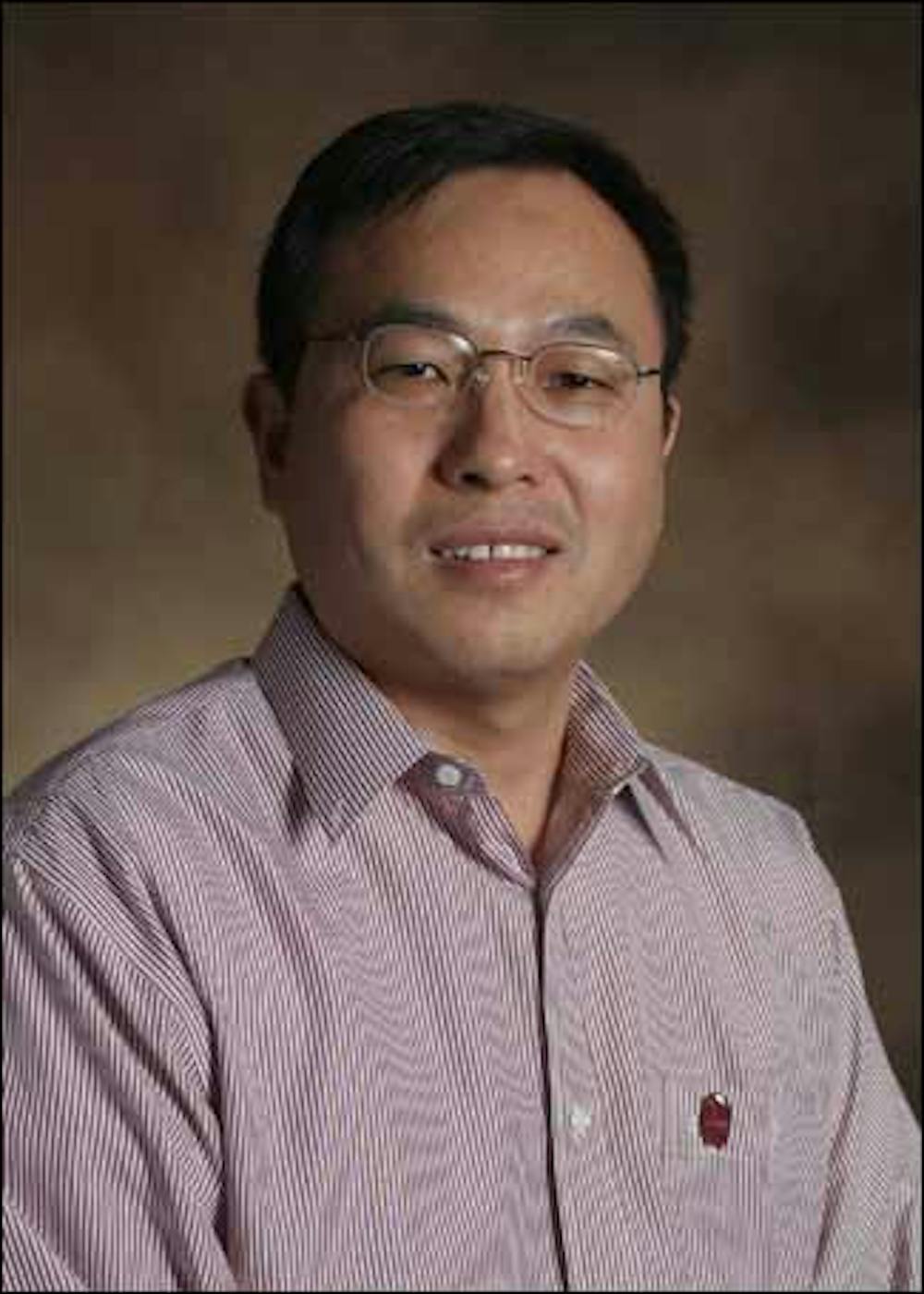ASU researchers are developing a therapeutic drug for people infected with West Nile virus, and so far, the prognosis is promising.
Qiang Chen, a biochemistry assistant professor at the Polytechnic campus and principal investigator for the research project, said the drug kills the virus in mice, so he predicts it will also work on humans.
“We can cure the mice from the West Nile infection even four days after they’ve already been infected by the virus,” he said.
In the next five years or so, the research team will start human clinical studies, Chen said.
There is currently no vaccine to prevent or cure West Nile virus, he said.
Besides the drug, Chen is also working on creating a vaccine, though this specific research project focuses on a drug to treat people who have already been exposed to the worldwide infectious disease.
West Nile virus occurs during the summer and fall seasons, said Lola Russell, a spokeswoman for the Centers for Disease Control and Prevention.
Health departments from various states send the CDC numbers about how many people are affected by the West Nile virus, she said.
The most recent statistics indicated that from Jan. 1 to Dec. 8, 2009, there were 18 total cases of West Nile virus in Arizona.
In 2008, there were 114 total cases of the virus in Arizona and seven deaths.
The process to combat the virus includes creating the drug and transferring the genes from the drug into cells of a tobacco plant, Chen said.
“Tobacco’s one of the plants [where] you can easily transfer foreign genes into their cells,” he said.
Chen’s research team is the first to demonstrate that plant-produced therapeutic drugs are capable of treating infectious diseases several days after a person is infected, he said.
Cells from mammals are usually used when developing biological drugs, he said, but this system is expensive and unsafe, since the cells are closely related to those of humans and risk viral contamination.
The plant cells serve as factories for producing the drug, Chen said, and the drug is separated from the rest of the plant materials, like nicotine, so there is no contamination.
The tobacco plant grows quickly and produces many leaves and seeds, he said, so it is ideal for manufacturing the drug.
“We are still doing research to make it better, but the current form is already quite effective,” Chen said.
Some upgrades include improving the efficiency and expanding the drug’s ‘window of treatment,’ he said.
Currently, only a microgram of the drug is needed to be effective in treatment, Chen said.
Because plants are inexpensive and the treatment is effective, the drug is expected to be affordable, even for people in third-world countries, he said.
One student working on the research is an undergraduate, which is generally unheard of, Chen said.
“It’s very rare for undergraduate students to be authored on such an important publication,” he said.
Chen said he allows opportunities for undergraduates because he wants to inspire and encourage them.
Thomas Keller, a biological sciences sophomore, is participating in the research through the School of Life Sciences Undergraduate Research program, which is supported by the Howard Hughes Medical Institute.
“I didn’t have any prior research experience,” he said.
However, Keller said he has gained a lot of experience through working on protein characterization experiments.
“A specific amount [of the protein] is important because if you can’t produce enough,” he said, “then as a vaccine or as a therapeutic, it’s not going to be useful at all because you can’t make enough.”
Keller said he can now relate to his classes better because of his exposure in the laboratory.
“I’m not constantly being watched, so I can do independent research as well,” he said, “which is pretty cool for an undergraduate.”
Reach the reporter at reweaver@asu.edu




